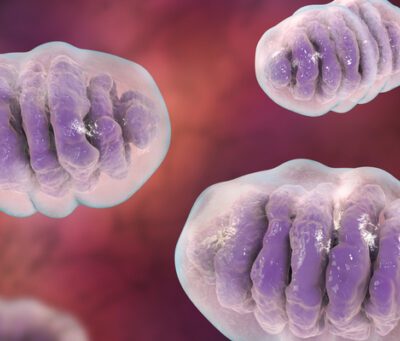A new study from the Max-Delbrück-Centrum für Molekulare Medizin in the Helmholtz-Gemeinschaft (MDC) has found that a high salt diet can disrupt the control of the immune system. The study shows that too much salt can limit the function of mitochondria in monocytes and macrophages, as well as regulatory T-cells (Tregs), which are an important regulation factor within the immune system. Tregs suppress aggressive immune cells that are directed against the body itself, ensuring that immunological reactions do not get out of control. The study found that when exposed to high salt concentrations, regulatory T-cells showed a measurable deterioration in their energy metabolism, leading to a change in cell metabolism and a limited function of the immune cells. The study suggests that a high salt diet may increase the risk of various diseases by disrupting the function of Tregs.
Previous studies have shown that a high salt diet is harmful to health, as it can increase blood pressure and damage the cardiovascular system. There is also evidence that a high salt diet can cause deposits in the brain that can trigger Alzheimer’s disease. In 2020, a study from the University of Bonn found that a high salt diet weakens the immune system by increasing the activity of the kidneys. The new study from the MDC shows that too much salt can also disrupt the control of the immune system, which may promote the development of inflammation and autoimmune reactions.
The researchers analyzed whether an excess of salt can negatively affect the regulatory T-cells of humans. They observed that when exposed to high salt concentrations, regulatory T-cells showed a measurable deterioration in their energy metabolism, leading to a change in cell metabolism and a limited function of the immune cells. The study suggests that a high salt diet may increase the risk of various diseases by disrupting the function of Tregs. The researchers believe that understanding the factors and molecular mechanisms that contribute to the malfunction of Tregs in autoimmunity is a central question in this field. Further studies are needed to understand the molecular mechanisms in more detail and to explore their potential connections with diseases.










